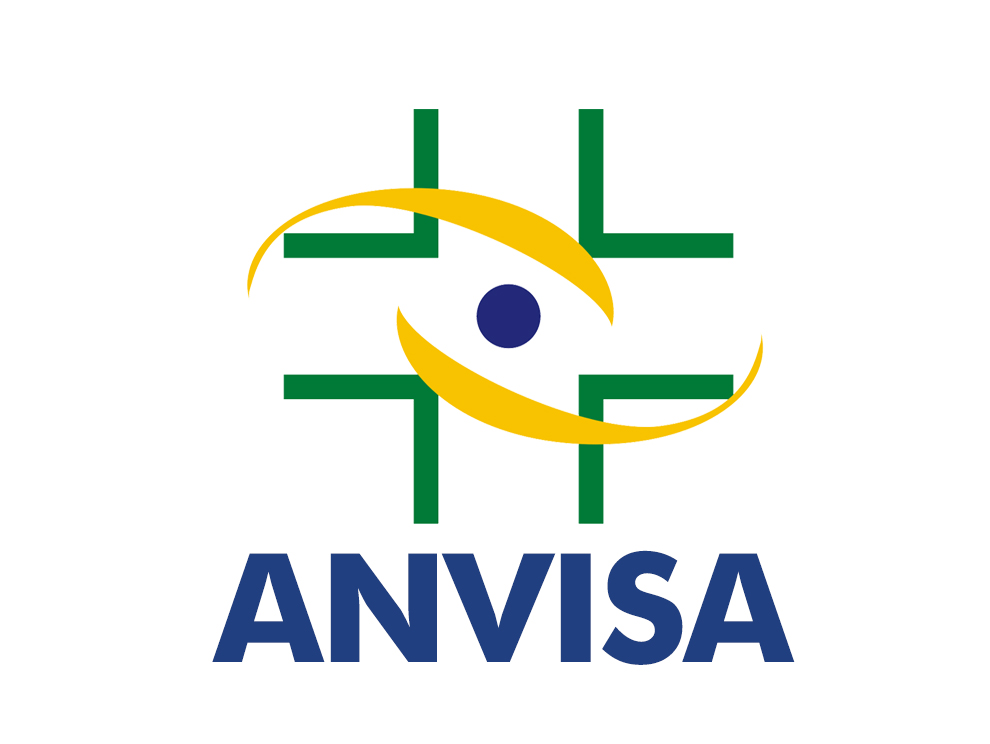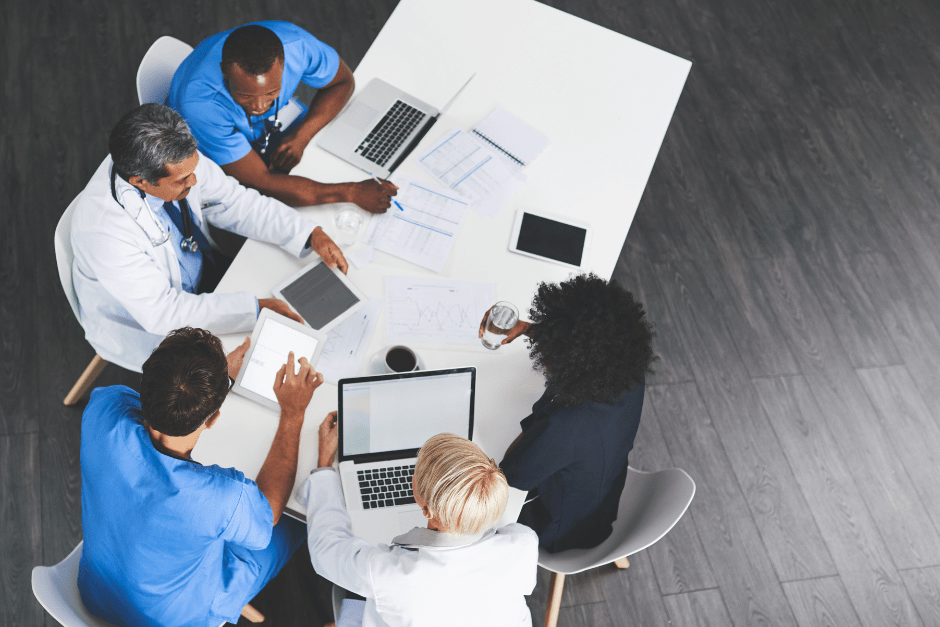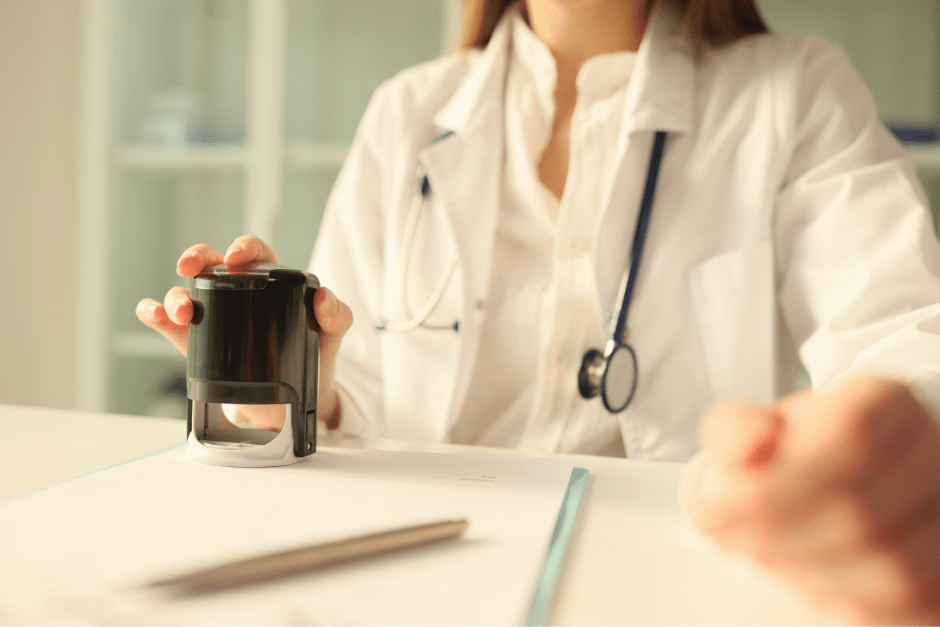The article provides an overview of the applicable regulatory requirements in the sphere of importation of medical devices the parties involved should comply with to be allowed to undertake such activities.

Table of Contents
The Brazilian regulating authority on healthcare products (ANVISA) has published updated guidance on the requirements and procedures for importing medical devices to be marketed and used in the country. The document is intended to provide additional clarifications regarding the applicable regulatory requirements and recommendations to be considered by medical device manufacturers, importers, and other parties involved. At the same time, provisions of the guidance are non-binding in their legal nature, nor are they intended to introduce new rules or impose new obligations. The authority also reserves the right to change the guidance and recommendations provided therein, should such changes be reasonably necessary to reflect corresponding amendments to the underlying legislation. In particular, the document describes submission rules and procedures under the responsibility of the Health Product Import Consent Office. Provisions of the guidance should be interpreted in conjunction with other guidance documents issued by the authority.
Medical Devices: Concept
Under the general rule, an application for importation should be submitted with respect to medical devices, raw materials, components, parts, accessories, semi-finished products, and bulk or finished products before customs clearance. When determining the regulatory nature of the product in question and also the corresponding framework to be applied, such aspects as the indications for use specified by the initial manufacturer or applicability of any exemptions should be considered.
According to the guidance, as the first step, the applicable common nomenclature should be checked irrespectively of the product’s regulatory status to be imported.
The scope of the present guidance covers the following import purposes:
- Commercial;
- Industrial;
- Events and exhibitions;
- Donation;
- Testing, teaching, and training;
- Exclusive use by specific healthcare institutions;
- Exceptions;
- Clinical research;
- Scientific, technological, or human research;
- Supply of means of international transport;
- For the Ministry of Health and related public entities.
The document describes in detail the procedures to be followed to each of the abovementioned purposes.
Parties Involved
The document also provides a brief overview of the parties involved in importing medical devices and outlines their responsibilities as set forth under the existing regulatory framework.
First of all, it is important to mention that in accordance with the current legislation, the importation of medical devices is an exclusive activity to be carried out by companies authorized by ANVISA, provided such an authorization covers a specific product category. An authorization entitles its holder to import medical devices owned by either importer itself or by third parties. Moreover, the parties interested in importing components to be used for manufacturing medical devices that are intended to be exported should have authorization covering both manufacturing and export.
An authorization granted to the company is valid throughout the state’s territory, provided all the branches are duly registered to conduct the respective activity with a specific category of products. When applying for a branch registration, reference to the initial authorization shall be made. All authorizations are published, while branch registration is subject to notification via a separate letter.
As mentioned before, in certain cases, healthcare institutions may apply for authorization to import medical devices for their own needs. In such cases, an importation could be conducted by the same party directly or by a third party (e.g., importer holding necessary authorization, foundation, state or municipal health departments, military organizations). The authority additionally emphasizes that to be eligible for the above, a healthcare institution interested in importing a medical device for its own needs should hold a valid license indicating the activities related to healthcare (public health service units are exempted from this requirement). Should the main (healthcare) license be subject to renewal, an additional official letter from the municipality or the state will be required. If healthcare interested in importation is still applying for the main license, approval from a local health surveillance authority will be required. The scope of additional documents to be provided will depend on the type of products to be imported. It is important to mention that the reasonable necessity of importation during the application stage will be assessed as well.
Storage companies are another type of party involved in operations with medical devices to be imported. This category covers the companies involved in the storage of products and raw materials: cosmetics, perfumes, hygiene products, household cleaners, and medical devices. An authorization granted to a storage company is valid country-wide. However, as it was mentioned before, all of its branches should be registered. Should specific storage conditions be required due to the nature of the products to be stored, the relevant aspects should be considered by a party interested in undertaking such an activity, as the appropriate requirements will also be reflected in the authorization.
In summary, the present ANVISA guidance provides an overview of the existing regulatory requirements in the sphere of importation of medical devices for various purposes. The document outlines the main parties involved in such activities and highlights the key points related to their responsibilities and the authorizations required.
How Can RegDesk Help?
RegDesk is an AI-powered Regulatory Information Management System (RIMS) designed to simplify global compliance for medical device companies. With regulatory intelligence covering 120+ markets, RegDesk helps you prepare and publish global submissions, manage standards, conduct impact assessments, and stay ahead of regulatory changes all from a single, centralized platform. Expanding into new markets has never been easier.


